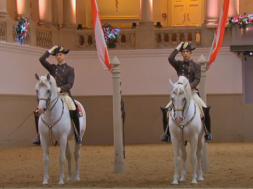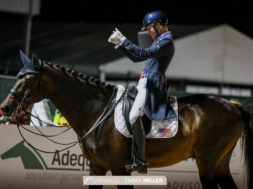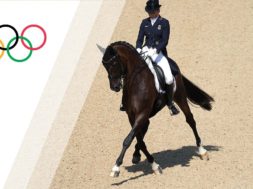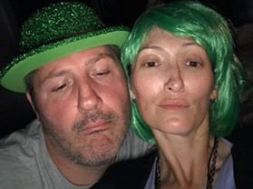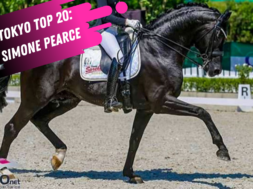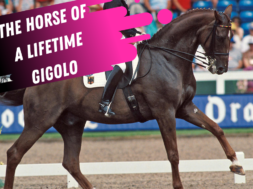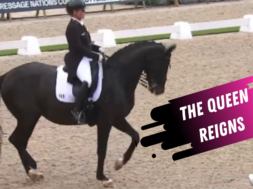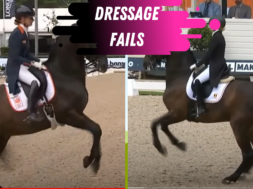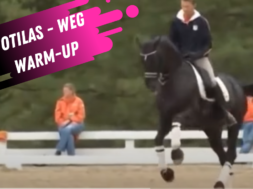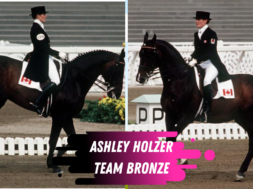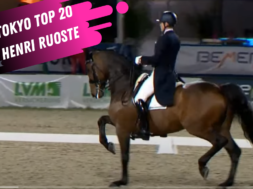Spanish Riding School Pas De Deux – White Lippizaner Stallions
Pas De Deux
The world-famous white Lippizaner stallions from the Spanish Riding School in Vienna are spectacular to see, horse person or not. For many, myself included, the white Lipizzan stallions are the first introduction to the world of dressage. The magic and beauty of the stallions performing create an enchanting allure that wins the hearts and minds of fans around the world.
In the tradition of the Spanish Riding School, these two riders perform a duet or Pas De Deux. Watching this pair work in synch is a surprise and delight for all equestrians.
The Spanish Riding School
The Spanish Riding School Vienna is the oldest riding school and the only institution in the world where classical riding in the renaissance tradition of the “high school” has lived for more than 450 years and is still maintained – which is why it is also part of the intangible UNESCO cultural heritage of humanity . The task of classical equestrian art is to study the horse’s natural disposition to movement and to cultivate it through systematic training in the highest possible elegance of the high school for the horse. The result of the training, in which man and horse are at eye level at all times, is an incomparable harmony between rider and stallion.
The name of the “Spanish” Riding School goes back to the 16th century: Ferdinand I, who later became Emperor of the Holy Roman Empire, grew up in Spain and brought the magnificent Spanish horses from the Iberian Peninsula to the court in Vienna. The horses were considered to be particularly noble and docile and were therefore particularly suitable for classical riding. The white Lipizzaner stallions, who today enchant horse lovers from all over the world with their performances at the Riding School, are the descendants of this once proud Spanish horse breed – they originated from a cross between Spanish, Arab and Berber horses.
The stable
The stable castle , in which 72 of the famous white stallions are housed, is Vienna’s oldest and most important Renaissance building, it was built in 1565.
The term “riding school” is explained by the fact that its visit and use was previously reserved exclusively for the nobility. It mainly served the education and training of the young nobility in the art of riding. For this reason, Emperor Karl VI commissioned Josef Emanuel Fischer von Erlach to build the winter riding school. Between 1729 and 1735 “the most beautiful riding hall in the world” was built, the wonderful winter riding school in the Vienna Hofburg. The equestrian portrait of the monarch still adorns the magnificent baroque hall as thanks.
